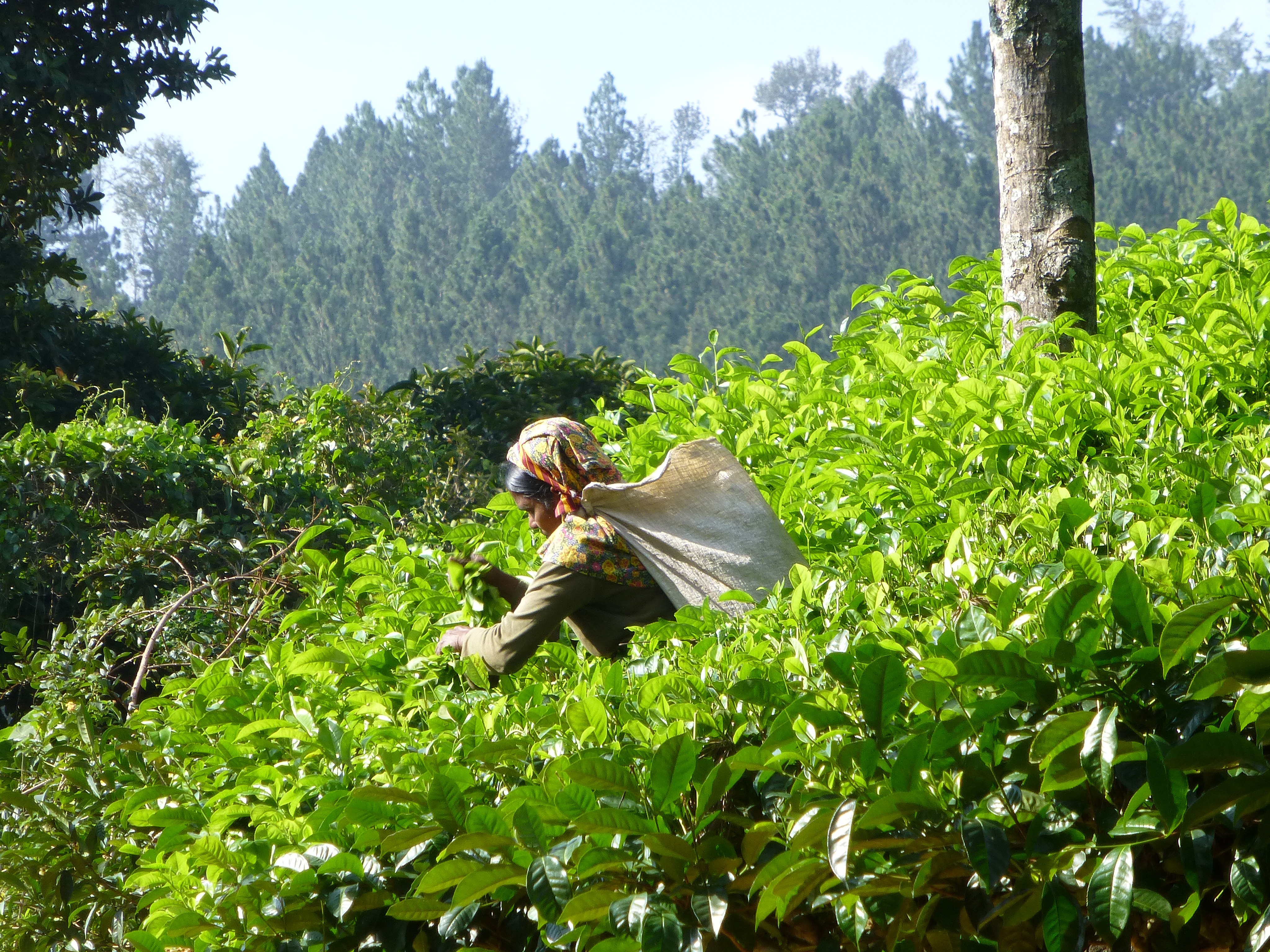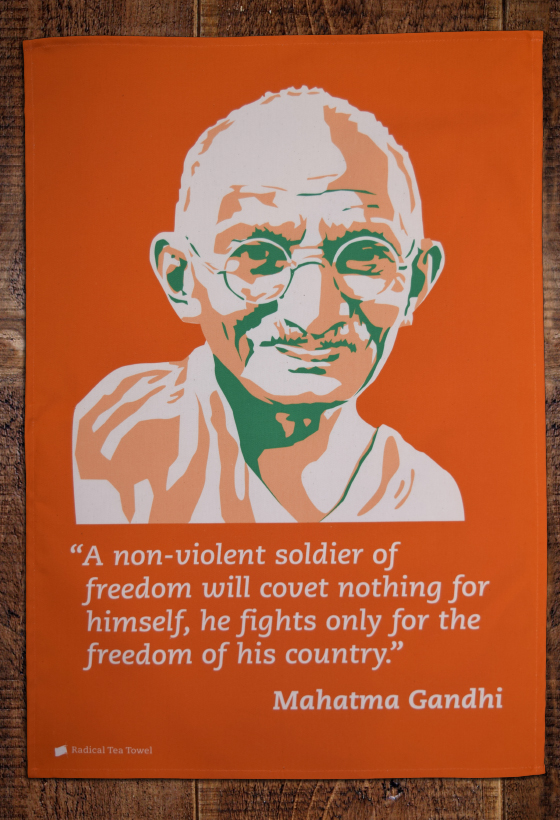The Radical History of Tea
Posted by Pete on 15th Dec 2019
It's International Tea Day! Obviously we're going to talk about the Radical History of Tea.
More and more histories are being written about food.
A Tall History of Sugar (Curdella Forbes), Bread: A Global History (William Rubel), The True History of Chocolate (Sophie and Michael Coe). The list goes on and on.

And where there are histories, there are (of course!) radical histories.
As the French historian Auguste Cochin once wrote: “The story of a grain of sugar is a whole lesson in political economy, in politics, and also in morality."
In the story of sugar (for example) we find the European empires and the radicals who fought against them: slavers and abolitionists, sugar barons and plantation rebels.
And what’s true of sugar is true of the commodity closest to our corner of the universe – I'm talking about tea.
The Radical History of Tea
Every tea stain which you clean up with one of our radical tea towels is a gateway to an entire Radical History of its own.
Back in the 18th and 19th century, it was European greed for the control of tea plantations in places like Kerala and Sri Lanka which saw the Indian sub-continent bloodily carved up by imperialism.
The desire of British merchants for tea helped build the edifice of oppression in India against which Gandhi and his millions of comrades would struggle for freedom in the 20th century.

Back in the UK meanwhile, you’ll find few images in the history of industrial action in our country that don't include a cup of tea or five.
(During the miners' strike in 1984-85, such scenes were a fixture on the picket lines).
Fast-forward to just last month, when I was on strike with tens of thousands of colleagues across the UK’s university sector, and there wasn’t a picket line from University College London to Edinburgh without someone having a cup of tea (milk and two sugars) in hand.
It's a reminder that the ‘Radical History of Tea’ isn’t just about the dusty old past – it carries on into the 21st century.
International Tea Workers Stand Up
Returning to the tea fields of India – still major centres of production today – 12,000 plantation workers bravely went on strike in September 2015 for increased pay and some much-needed welfare provisions.
The strikers were all working class women in the south Indian state of Kerala. As well as the stigmas of class and gender, they had to struggle against the barrier of caste.
That's because the strikers were Dalits: from the lowest-ranking castes, a status which provoked even more obstruction and derision from the powers-that-be.
But despite all their difficulties, these daring workers – organised under the banner of ‘Pembillai Orumai’ (Women’s Unity) – won the battle. The plantation bosses gave in to their demands and had to concede a pay rise.
The People Who Make Tea Happen Made International Tea Day Happen
These quick glimpses remind us that tea is yet another product which is about much more than big brand names, consumer stats and quirky tales from the boardroom.
It’s a radical story about the millions of workers who make tea happen.
The people who plant it, transport it, and package it – and who, for hundreds of years, have fought for their rights and dignity in this big, messy process which gets the tea bag into your mug every morning.
Let’s celebrate those workers this International Tea Day – a holiday which was, rather fittingly, established by trade union movements in tea-producing nations all around the world.
Click to read more Radical History on our Radical History Blog
